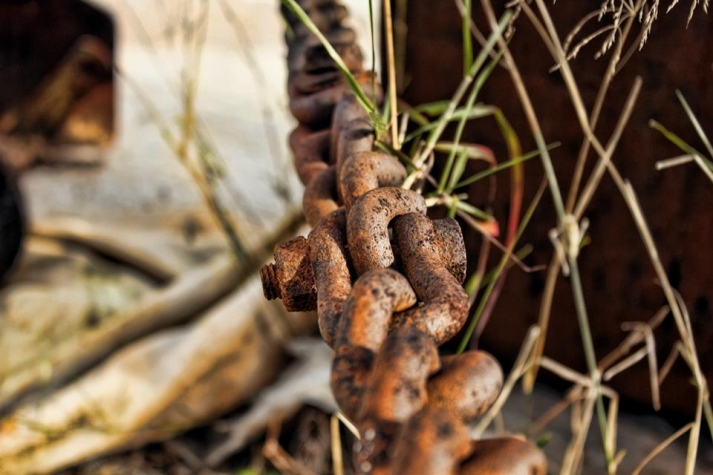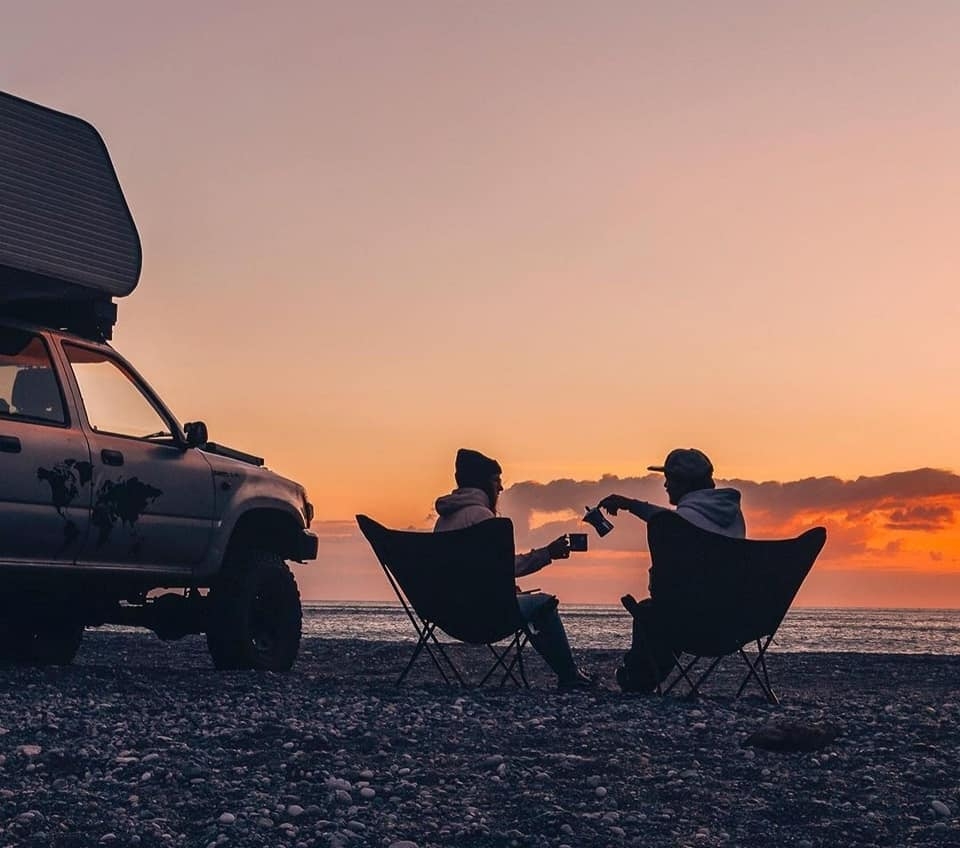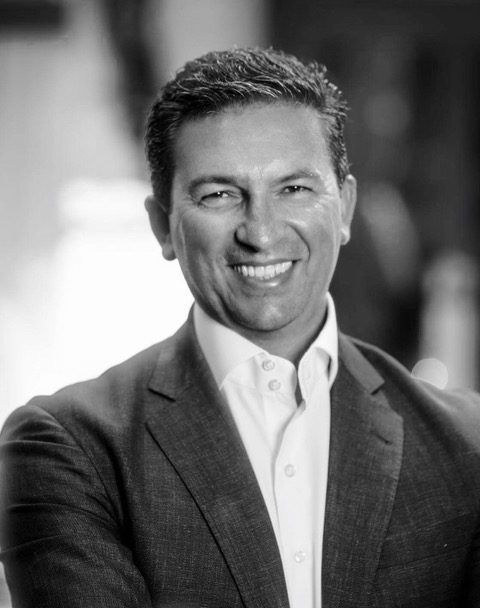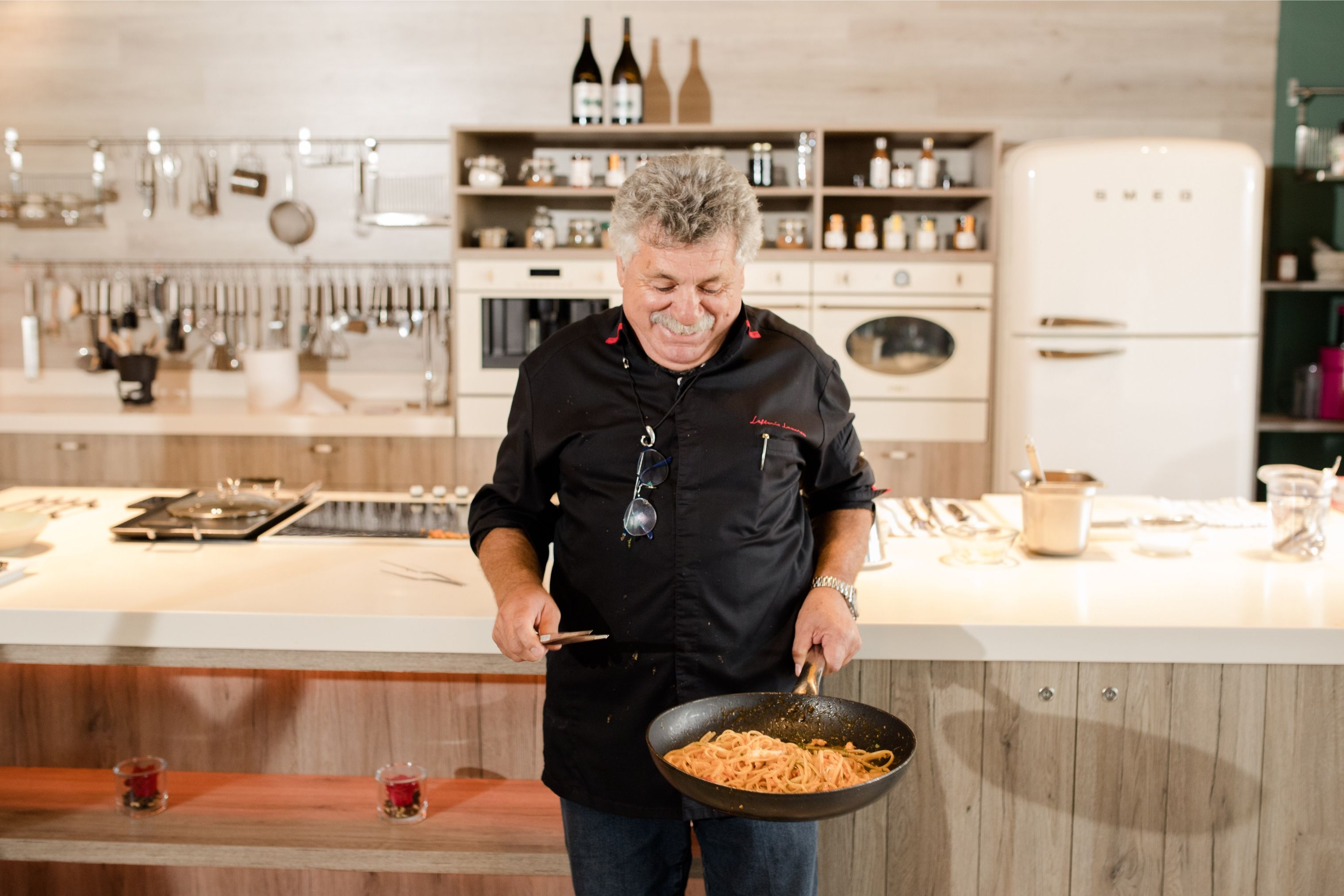PIRAEUS LUNCH
Rarely is a visiting Englishman as privileged as I. Of the millions of foreign visitors to the Greek capital how many experience the 'Real Greece'? Well, thanks to a delightful and extraordinarily hospitable Greek woman I have had just that experience.
You may wonder if I am talking of a tour of the Parthenon or a night out in the Plaka. No, far from it, I was given a much better time than either of these tourist honeypots could have provided me with, for I have had lunch in an ordinary apartment in a quiet corner if Piraeus. Nothing special, you understand, although it was so very precious for me. Good wholesome food and the company of a petite 50-something and her delightful mother.
I had met Vaso only a day or two before and with typical Greek openness she had, on learning that I wanted to experience the lives of ordinary, decent Greek people, invited me to her home. Had this happened in the U.K I would have assumed there was some hidden agenda, perhaps I would be assaulted and robbed by Vaso's accomplices, but here, in this impoverished and misrepresented country, honesty and decency prevail.
I sat in the rather cramped kitchen and watched as these two women, mother and daughter, in perfect harmony, created our meal, each seeming to know just what was wanted of them by the other. They were not embarrassed or concerned that I was sitting with them as they busied themselves with basic ingredients. It just seemed the most natural thing in the world that we three should be there together.
We ate satisfying, tasty and beautifully prepared food that was lovingly presented and accompanied by a bottle of rosé wine. It was not lost on me that this small feast, so kindly given, must have cost them rather more than a week of their normal lunches. But they looked shocked and distressed that I should have offered to pay for some of the ingredients. "But you are our guest," said Vaso, "an honoured visitor to my country, and you will pay nothing, nothing at all." She meant it. Such is the spirit of the people here.
When we had finished eating I offered to help with the washing up, as I would in any such situation in England. They thought I was joking - apparently Greek males, especially visiting ones, do not sully themselves by dirtying their hands in the kitchen! So whist Vaso cleared the table her mother, who did not speak a word of English, entertained me in the living room. This remarkable woman had been a child at the time of the German occupation of Greece. Her father had died when she was a toddler and her mother had left her in the charge of her late husband’s daughter by an earlier marriage.
As a child and young girl Vaso’s mother had thereafter been treated by her ‘family’ as an unpaid servant. This was a harsh upbringing even for those grim times. As a result she had never learned to read or write. At a tender age she had been 'rescued' by marriage to a man many years her senior, but more hardship was to come for her husband had died only a few years after the marriage leaving her to bring up four young children entirely on her own. And from this awful combination of desperate of circumstances there was now, in front of my eyes, the most delightful, charming, and personable old lady that it has ever been my good fortune to meet.
When Vaso rejoined us her mother insisted that she should bring me a precious glass of Tsiporou made from grapes that had been lovingly gathered by the family from their own vineyard way up in the mountains of north-west Greece. It was so wonderful, not just the drink itself but the symbolism of this gift to a stranger, a foreigner, an Englishman in their midst. But the real treat was yet to come, for with little promoting from her daughter and no false modesty this wonderful old lady broke into a series of traditional country songs, songs of love and loss and longing, unaccompanied by any instrument. The cadences of her high-pitched melodic voice will remain with me forever.
Lunch over, Vaso and I strolled along the harbour front at Piraeus lined as it was with yachts as expensive as any you would find in Monaco. I looked at their Greek flags. “Not so much poverty here then?”
“The owners are our Greek elite,” said Vaso with a bittersweet smile. “They helped our politicians into power so now our government helps them.”
So this is Greece, the Real Greece. To this place tourists do not penetrate, either physically or emotionally. It is also a place where taxes are paid only by those who can least afford to do so.









